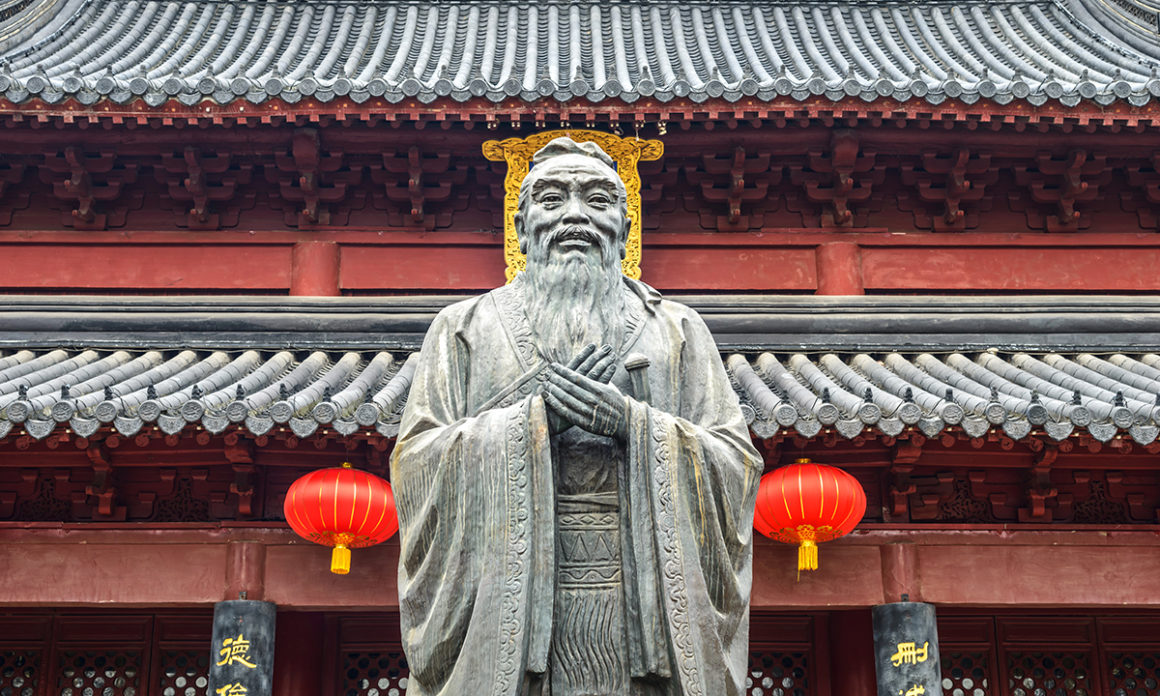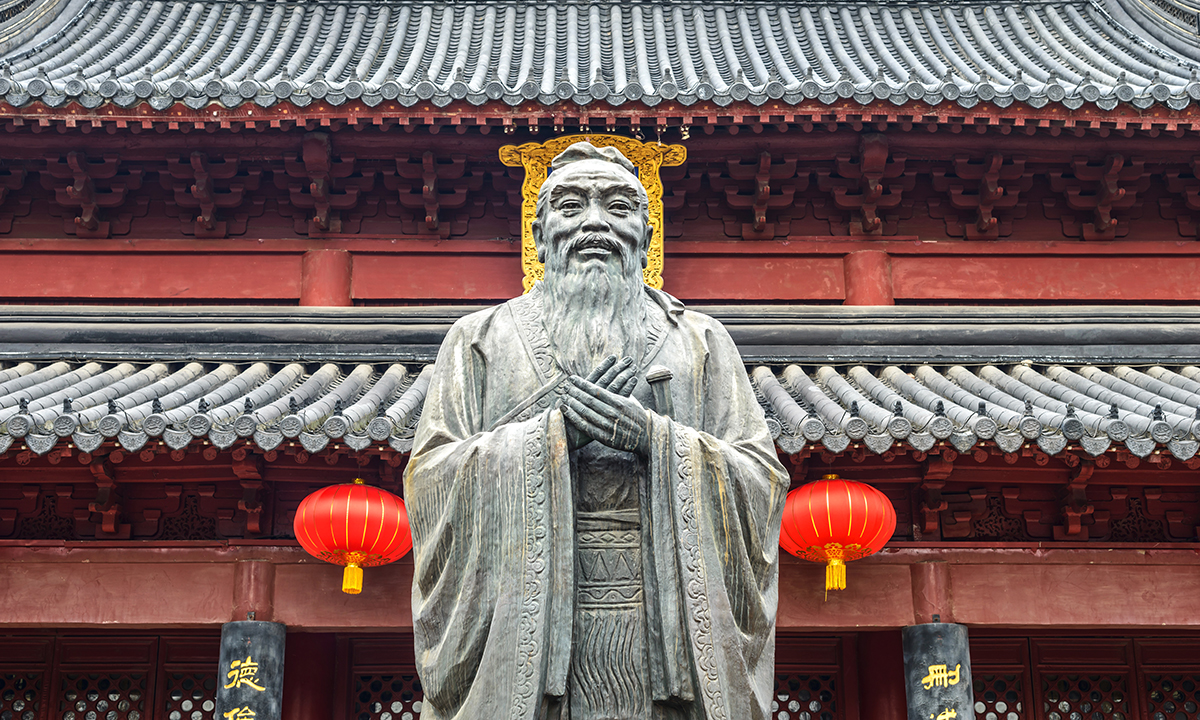
Thoughts on Human Nature, Essentialism, and Confucianism
“In light of this, we think that the picture emerging from evolutionary and developmental biology is – contrary to the widespread opinion among contemporary philosophers – one that very much supports the notion of human nature, just not an essentialist one. Human nature is best conceived of as a cluster of homeostatic properties, ie of traits that are dynamically changing and yet sufficiently stable over evolutionary time to be statistically clearly recognisable. These properties include characteristics that are either unique to the human species, or so quantitatively distinct from anything similar found in other animals that our version is unquestionably and solely human.”
The above passage comes from an article in Aeon magazine written by philosopher, Skye C. Cleary, and philosopher, Massimo Pigliucci. The article is all about human nature and why it matters. It’s a cool article, and I agree with their statement that says how we think of human nature has serious consequences for how we live. I’ve also written about the two assumptions that I think most Americans need to examine, and one of them is indeed human nature (the other is the nature of government).
In the article the authors cite two philosophical perspectives that give strong defense of human nature and that, to them, are “aligned with cognitive science”: existentialism (ala Sartre) and Stoicism. Their little overview of the two perspectives is fine, but I’m still a bigger fan of Confucianism, which apparently is one of the “essentialist” philosophies that the authors dismiss based on their cognitive science. That’s too bad, I think they mis-catagorize Confucianism. I do not understand Confucianism to be essentialist (and by “essentialist” I mean: a human nature that is eternal and unchangeable); I mean Confucius cared about humans, I would say he was more of a relational humanist than anything. He was optimistic, certainly, and thought humans were relatively “good,” but why does this automatically get him labeled and dismissed as “essentialist?” Sartre, in my opinion (as well as most other existentialists) is relatively pessimistic, covertly materialistic and anthropocentric, so I’m not sure why there’s such a double standard here…
Instead of “essentialist” I would describe Confucianism (along with the brand of Naturalistic, Christianity that I subscribe to) as process-relational, especially when it comes to understanding human nature. Confucian scholar, Henry Rosemon, Jr., explains that “…we can only ‘essentialize’ (rather than analogize) if we are predisposed to believe that there are such things as ‘essences,’ a way of thinking about things that did not recommend itself to the formative thinkers of classical China. Essentialism itself,” Rosemont continues, “arises from familiar classical Greek assumptions about ontology as ‘the science of being,’ and from the application of strict identity as the principle of individuation. It is this notion of ‘essences’ that grounds Platonic idealism and the Aristotelian doctrine of species (eidos) as natural kinds.”
Confucianism, with it’s deeply process-relational view of the cosmos and human nature, where substance ontology (“being”) is replaced with a process ontology (“becoming”), imagines the human in a continual process of elevating and refining interconnected concrete lived roles that are always contingent and reliant upon our relations to other humans (as opposed to us being static, encapsulated, individual, abstract rights-bearers, as much of Western philosophy would have it). This, perhaps, to my mind anyway, puts Confucianism and other process-relational philosophies more in-line with the evolutionary cognitive science that Cleary and Piglucci cite in their article than that of either Sartre’s angsty individualist existentialism or the substance based Greek Stoicism. But what do I know.

0 Comments